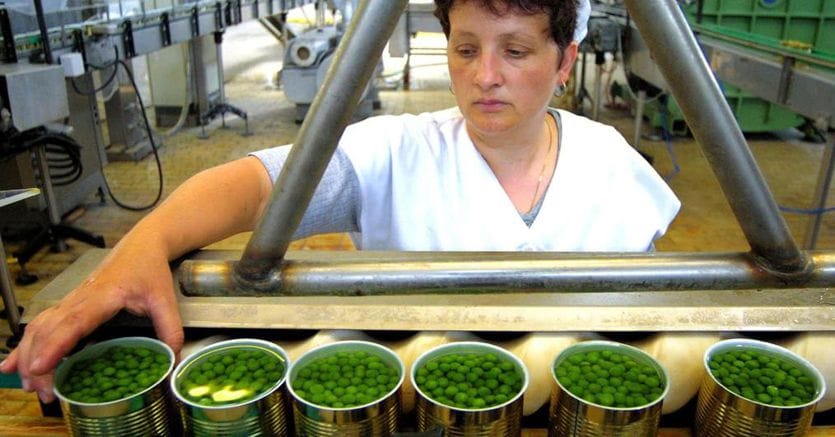Large gaps separate EU countries in terms of average hourly labor costs: if the EU average is €30.5 (€34.3 in the whole eurozone), Bulgaria and Romania are €8, €2, €9.5 apart. At the top of the Luxembourg ranking (50.7 euros). Is it Italy? Slightly below average with €29.4, a value 3-4 times higher than the two least expensive Eastern European countries.
compared to its European neighbors
If the analysis is extended to the countries closest to Italy in terms of ranking, the labor cost will certainly be more competitive in Spain (€23.5) and Portugal (€16.1), while it flies to €39.5 in Germany and €40.8 in France.
sectors
Industrial workers are the most expensive: the hourly labor cost was €30.7 in the European Union and €36.6 in the eurozone. In construction, the costs recorded were respectively 27.3 € and 30.8 €. In terms of services, the hourly labor cost was €30.2 in the European Union and €33.3 in the eurozone. In a predominantly non-commercial economy (excluding public administration) they were 31.3 and 34.8 euros, respectively.
Italy ranks third in terms of non-wage costs
The two main components of labor costs – the European Statistical Institute explains – are wages and non-wage costs (eg social contributions from employers). The share of non-wage costs in total labor costs for the whole economy was 24.8% in the EU and 25.5% in the eurozone. The lowest proportion of non-wage costs was recorded in Lithuania (5.4%) and Romania (5.3%) and the highest in France (32%) and Sweden (31.9%). In this case, Italy ranks third with 27.8%.
increase in 2022
Again in 2022, economy-wide hourly labor costs, expressed in euros, increased by 5% in the EU and by 4.7% in the eurozone. Within the eurozone, hourly labor costs have increased in all member states. For EU countries outside the euro area, hourly labor costs expressed in national currency increased in 2022 in all countries, with the largest increases recorded in Bulgaria (+15.3%), Hungary (+13.9%), Romania (+12.2%) and Poland (+11.7%) %).

“Reader. Travel maven. Student. Passionate tv junkie. Internet ninja. Twitter advocate. Web nerd. Bacon buff.”





